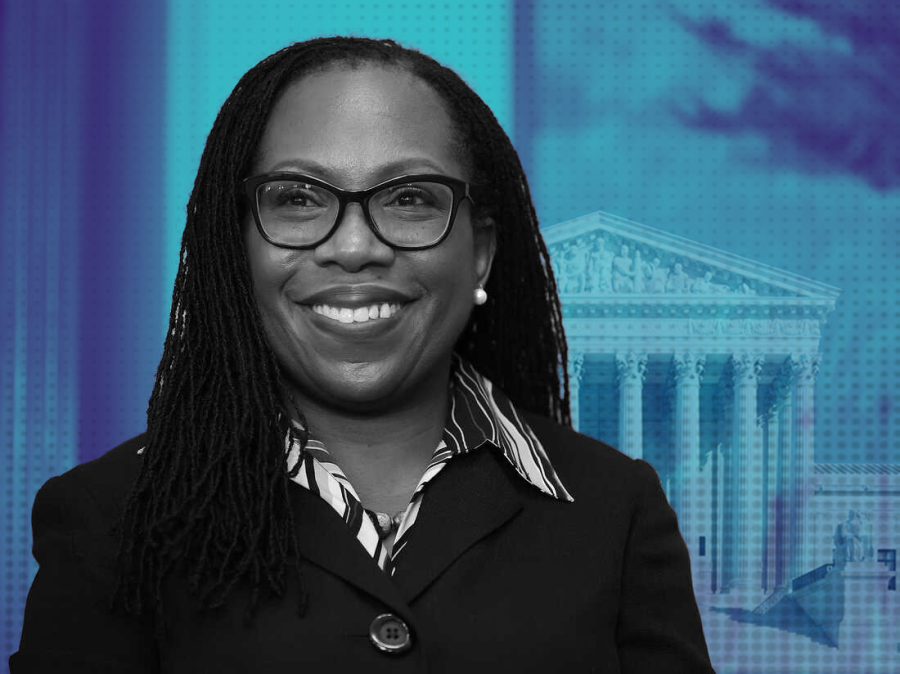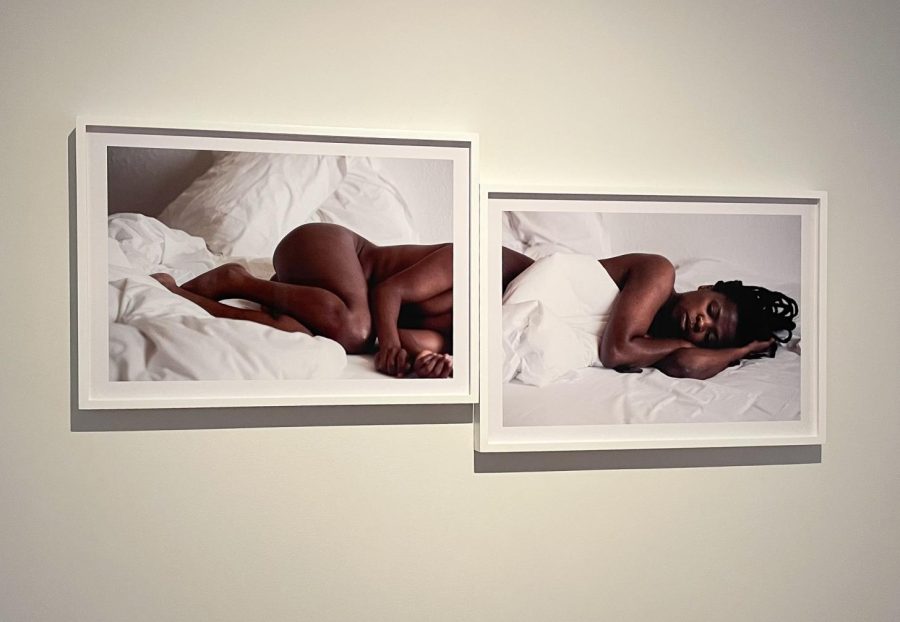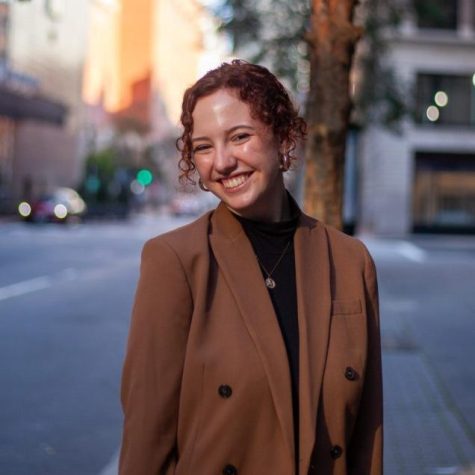The Senate confirmed Ketanji Brown Jackson to the Supreme Court on April 7, making her the first Black woman to serve on the highest court in the United States.
Jackson was confirmed with a 53-to-47 vote, reported the New York Times. Three Republican Sens. Susan Collins of Maine, Mitt Romney of Utah and Lisa Murkowski of Alaska broke party lines and voted in favor of Jackson.
“This milestone should have happened generations ago — generations ago — but we are always trotting on a path towards a more perfect union,” Senate Majority Leader Charles E. Schumer (D-N.Y.) said to the Washington Post. “America today is taking a giant step towards making our union more perfect.”
Gloria Bouquet, a junior political science major, said Jackson’s confirmation was an inspiring event to watch.
“I’m honestly very excited, considering me being a Black person and raised as a woman, now identifying as non-binary, to see someone in such a high position, especially in the U.S. government,” said Bouquet.
Bronwyn Crick, a junior political science major participating in Suffolk University’s Washington Center program, attended Jackson’s fourth and final hearing.
“You could tell that there was a genuine weight in the room; it felt that everyone knew how momentous it was. It also came after four days of highly aggressive and strange questioning,” she said.
Jackson’s confirmation vote was largely split along party lines, with Republicans concerned over her judicial record being “soft on crime,” reported the Guardian.
Bouquet said they view Jackson as highly qualified for the court.
“She also seems to be one of the most qualified people to ever serve on the Supreme Court, so just with her identity and how much she’s accomplished at the same time is a very exciting and inspiring thing to witness in my lifetime,” said Bouquet.
Bouquet said representation on the Supreme Court matters across the board, and watching Jackson’s confirmation was about more than just making history.
“Having representation like this is very important and, you know, often people talk about children, like they need the representation, but even me, as a college student, soon to be applying to law school, it makes me know that it’s doable, regardless of my identity or where I come from,” said Bouquet.
Crick said watching the confirmation was a powerful moment for her and the women in her office.
“Confirmation day was something else. I was standing in my office as they were voting, and everyone in my office had crowded around the TV to watch. Something really cool about my office on the hill is that the majority are women and most are women of color,” Crick said. “I knew that this was a momentous moment for me but I couldn’t even imagine what they were feeling.”
Jackson will be sworn in when Justice Stephen G. Breyer retires after the Court’s term ends this summer, according to the Washington Post.
Follow Will and Shea on Twitter @WoodringWill @ShealaghS






















